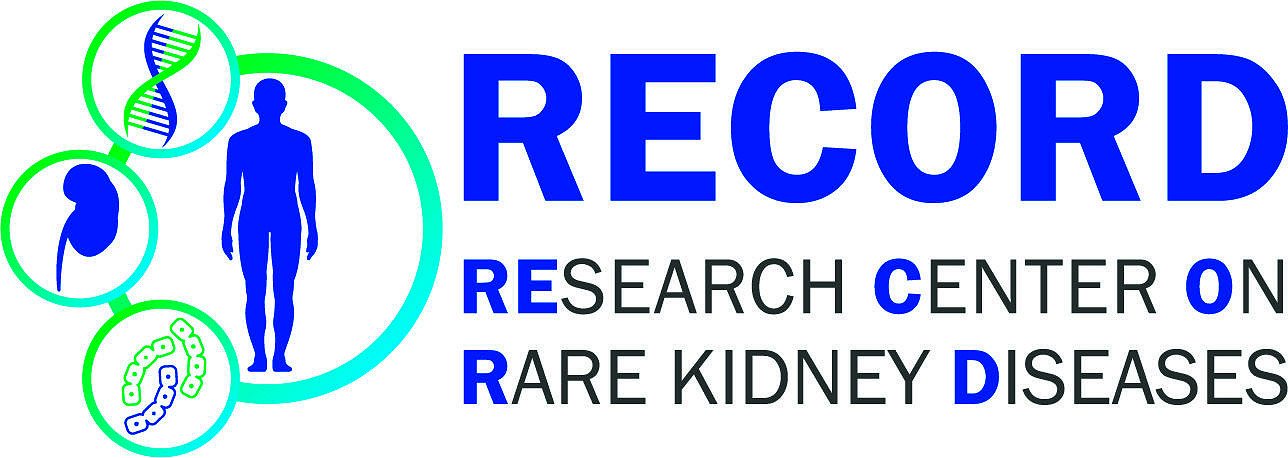 The role of Microbiota in BK virus infection after kidney transplantation: MIBKON
The role of Microbiota in BK virus infection after kidney transplantation: MIBKON
Wissenschaftliches Arbeitsprogramm (Abstract)
A symbiotic relationship between the intestinal microbiota and the host has been shown under normal conditions, but its imbalance is associated with diverse diseases and infections. Kidney diseases are accompanied with gut dysbiosis and metabolic disorders, which in turn contribute to the pathogenesis and progression of kidney diseases. However, less in known about the role of microbiota in infectious complications after kidney transplantation.
The BK virus is a member of the polyomavirus family. Most individuals become seropositive for BK virus in life without severe symptoms. Following primary infection via the respiratory route, BKV remains latent in the reno-urinary tract, B cells, brain, and spleen. Under immunosuppression after renal transplantation, latent polyomavirus can reactivate in the kidney and kidney transplant patients can also get a primary infection more easily. The usual progression of infection/ reactivation begins with BK viruria and progresses to BK viremia, leading to BK virus associated nephropathy with up to 80% risk of these patients to lose their kidney graft.
In this project, we aim to characterize the microbiota of kidney transplant patients with BK virus replication and compare it to microbiota derived from kidney transplant patients without BK viremia. In order to find a microbiota species that is associated with BK virus in transplanted patients, we will analyze serial stool sample of patients and correlate their microbiota to virus replication measured in the patients’ sera at the time the stool sample was given.
Furthermore, we will analyze microbiota of patients that received chimeric antigen receptor T cell (CAR-T cell) therapy as an individual treatment option after showing therapy resistance to standard therapeutic regimens before and after CAR-T cell infusion to unravel potential microbiota associated with therapy resistance and to discover influences of immune cells on the gut microbiota. Herewith, we aim to get ideas on the interaction between immune cells and gut dysbiosis.
We will match our patient cohorts according age, medication known to influence gut microbiota, smoking, concomitant diseases including urinary tract infections, diabetes and others.
Consideration of the role of the gut-kidney axis in BKV reactivation and infection could lead to the identification of novel therapeutic strategies including probiotics, fecal microbiota transplantation and genetic manipulation of the gut microbiota. Targeted manipulation of the gut microbiota might be able to prevent BKV associated complications in kidney transplant patients in the future.
